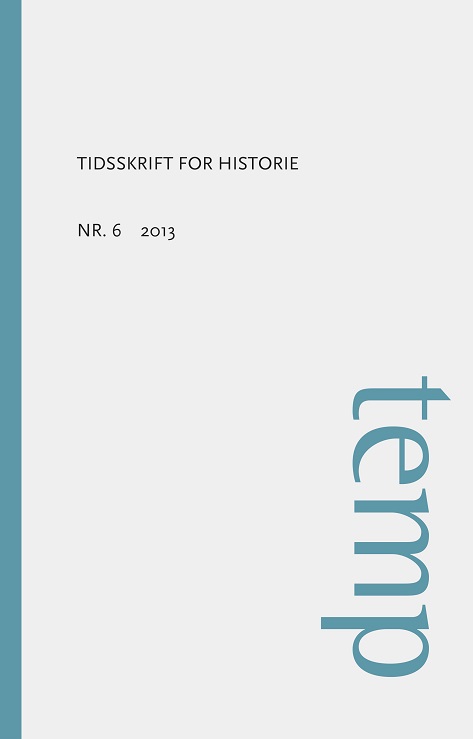MTV AND TRANSATLANTIC COLD WAR MUSIC VIDEOS
Nøgleord:
pop culture, MTV, the Cold War, Euromissile Crisis, transatlanticResumé
ABSTRACT
MTV and Transatlantic Antinuclear Music Videos
When Music Television (MTV) premiered on August 1, 1981, the music industry was uncertain of its success. Hesitant to put their biggest stars on a risky new channel, record companies allowed European “New Wave” artists considerable freedom to create music videos and fill the channel’s playlists. MTV’s first decade was also the Cold War’s last, and the early 1980s were a period of heightened nuclear fears. American president Ronald Reagan’s hard-line rhetoric, arms buildup, military adventurism abroad, combined with the deployment of American nuclear warheads into Western Europe—the so-called Euromissile Crisis—led many European pop artists to craft music videos addressing Cold War fears. During the 1980s, MTV became a transatlantic conduit by which European artists expressed their fears to an American audience. With the creation of MTV Europe in 1987, those exchanges slowed, although by then Cold War tensions were abating. From 1981 until 1986, however, MTV allowed antinuclear culture to spread across national borders and express multinational Cold War concerns. With the fall of the Berlin Wall, European music videos expressed hope and elation to an American audience, and reaffirmed MTV’s importance in making pop culture transnational.
Downloads
Publiceret
Citation/Eksport
Nummer
Sektion
Licens
Copyright temp - tidsskrift for historie og forfatterne.
Artikler publiceret i Temp må citeres, downloades og videresendes for ikke-kommerciel brug, under forudsætning af normal akademisk reference til forfatter(e) samt tidsskrift, årgang, nummer og sider. Artiklerne må kun genudgives med eksplicit tilladelse fra forfatter(e) og tidsskriftet.





